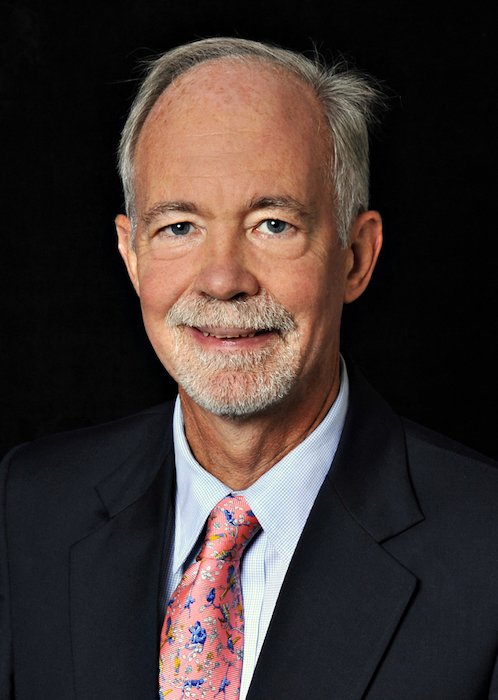This event was recorded February 16, 2022.
China’s Bid to Join the CPTPP: The View from Japan and the US
US-Japan Short Takes Series
Post-event summary
Dr. Davis analyzed the prospects for the Comprehensive and Progressive Agreement for Trans-Pacific Partnership, or CPTPP, to expand beyond its initial 11 members. She described CPTPP as “an economic agreement with strong undertones of foreign policy,” noting that “as China is increasingly becoming assertive as the largest trading partner in the world and as an increasingly dominant policy presence … there was a sense that many countries wanted to take a unified approach on negotiating key economic issues and setting a standard that would be held against China.”
China and Taiwan are now among the markets seeking to join CPTPP, and Dr. Davis said it is in Japan’s economic and security interests to try to bring them in at the same time “in a way that is acceptable to all the actors. That won’t be easy.” Either one entering alone would be destabilizing, while joint entry would calm supply chain jitters. She identified the treaty’s provisions on free flow of data, state-owned enterprises, and forced labor/freedom of association as major challenges for China to meet. Dr. Davis floated the possibility that China has applied for membership “as a spoiler,” to impede expansion of an arrangement that was created at least in part to counter its own rise.
If China were to join, to what extent would it comply with CPTPP rules? Dr. Davis noted that a smaller trade group like the CPTPP clearly has less collective enforcement power than the WTO with its 164 member countries. “Yet that said, there is deadlock in moving forward new rules at the multilateral level. If you can use CPTPP to nudge China toward slightly more open digital policies so that the localization policies are less restrictive, and if you can gain acceptance of more transparency on subsidies to state-owned enterprises, that would be progress.”
About the speaker
Christina L. Davis is professor of government at Harvard and the Susan S. and Kenneth L. Wallach Professor at the Radcliffe Institute for Advanced Study. She is also director of the Program on U.S.-Japan Relations at Harvard, chief executive editor of the Japanese Journal of Political Science (with Junko Kato of Tokyo University), and serves on the executive committees of the Weatherhead Center for International Affairs and the Reischauer Institute of Japanese Studies. Her research interests include the politics and foreign policy of Japan, East Asia, and the study of international organizations with a focus on trade policy. She is the author of Food Fights Over Free Trade: How International Institutions Promote Agricultural Trade Liberalization and Why Adjudicate? Enforcing Trade Rules in the WTO, and is co-editor with Carol Greenhouse of Landscapes of Law: Practicing Sovereignty in Transnational Terrain. Currently she is writing a book on the politics of exit and entry into international organizations and several projects on the evolving trade order.
About the moderator
Dr. David M. Malone is rector of the United Nations University and under-secretary-general of the United Nations. He has served as Canadian ambassador to the United Nations, president of Canada’s International Development Research Centre, director general of the Policy, International Organizations and Global Issues Bureaus within Canada’s Department of Foreign Affairs and International Trade (DFAIT), president of the International Peace Academy (now International Peace Institute), Canadian high commissioner to India, and non-resident ambassador to Bhutan and Nepal, along with other diplomatic positions. Dr. Malone has held research posts in the Economic Studies Program at Brookings Institution, Massey College at the University of Toronto, and Norman Paterson School of International Affairs at Carleton University. He has been a guest scholar and adjunct professor at Columbia University and an adjunct professor at the New York University School of Law, where he is currently a senior fellow. His latest books are The UN Security Council in the 21st Century (co-editor) and the second edition of Law and Practice of the United Nations (co-author).

